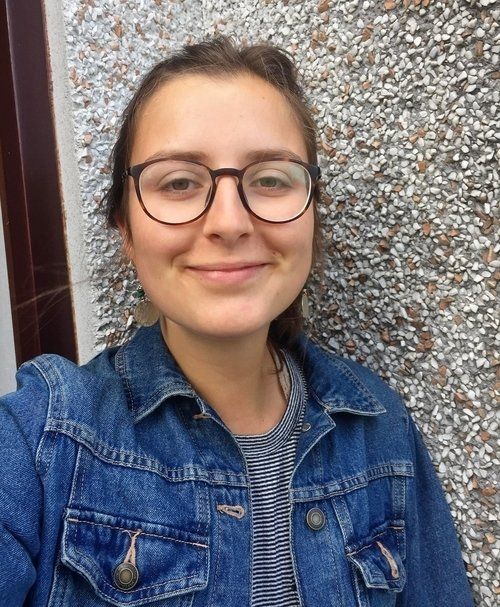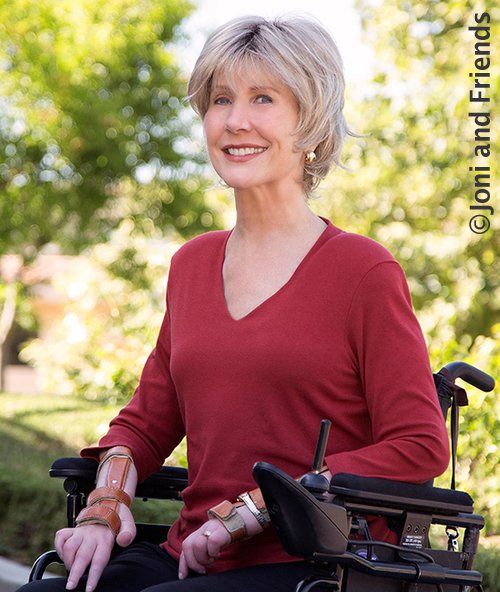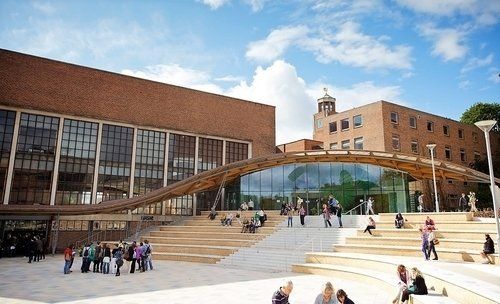
Having grown up in a Christian home and attended church since I was born, I don’t remember a time when I didn’t believe in God. I definitely had a good understanding of the fundamental core of Christianity: that I was a sinner, that I was loved by God, and that there was forgiveness and salvation in Jesus’ death and resurrection.
But, as I was aware from the age of eight, I didn’t know if I was necessarily a Christian. Even though I knew the information, the way I lived my life wasn’t much changed by it.
Transforming power
It is here that I want to make a point for those who may equate Christian beliefs and moral upbringing with salvation. On the contrary, I was to experience that knowledge alone is not sufficient, since the gospel demands humble submission to a holy God in response to awareness of sin.
Meeting Christians from different churches and seeing their faith lived out in everyday life revealed the transforming power of the Holy Spirit to me. Even in the darker phases of life, they had a joy unshaken by circumstance. In taking part in evangelistic events with other Christian young people, I was faced with the reality that true Christianity was not an individual comfort kept within the safe confines of church, but a worldwide mission to reach the lost.
As to my own spiritual position at this time: by the age of 14 I had confessed my sins to the Lord and repented of them multiple times and, I suppose, expected to see or feel a dramatic change.
A few times, I plucked up the courage to share my thoughts with my mum and would leave the conversation thinking, ‘This was it. From now on, I’m going to live a different life’. However, the next day I would feel embarrassed to bring up what happened the night before. I still felt the same pressure to have a relationship with God that I was excited about, like those around me had. I think that I expected and wanted a big difference to take place in me immediately and to feel something overwhelming.
Gradual realisation
But the gradual process of learning more about the Lord and myself was accelerated when, in 2013, I was told that I had scoliosis — which is a curvature of the spine — and despite my protestations, would need to undergo the major surgical procedure of having my spine straightened.
Having been told the operation would take place at the beginning of that September, and consequently in my school year 11, I was really bewildered as to why God would let this happen — particularly considering the fact that I was taking Dance GCSE and would need to choreograph and perform various routines.
When praying and asking for healing, I would almost try and convince God of the advantage for him in preventing me from going through the surgery. If I was miraculously healed, it would be such a witness to all the doctors and family and friends who were involved! It would also be a massive benefit to me, in that I wouldn’t have to go through with it!
But as the time came nearer, I found myself with no choice but to rely completely on the sovereignty of God in this situation. Of course, I also had to hear of the dangers of such major surgery in that I could be paralysed, but I reminded myself that God moved the hand of the surgeon and, whatever the outcome, it would be a part of God’s perfect plan.

I thought of the well-known writer Joni Eareckson Tada, who became paralysed by a diving accident at the age of 17, but through this disaster reached many people. This was clearly God’s plan for her life, which was far more fulfilling than if she had lived a life of worldly distraction without Christ.
My mum had asked so many people to pray for the morning of the operation, that in heading into the operating theatre, I don’t remember feeling much fear at all. It must have been the result of answered prayer renewing my confidence in my Saviour. I am grateful that the surgery had no complications and I made a quick recovery.
Humble patience
Throughout my life my dad has suffered with mental illness and mood swings. I don’t remember what I thought of this when I was younger, whether I wasn’t aware of it or perhaps he was not as ill then as he is now.
As I grew older and learnt more about the effects and causes of his suffering, however, I did find myself questioning why God had allowed him to have this illness. But, as I contemplate the situation more, I think, ‘Why do I expect to know the purposes in God’s plans?’
The truth is that all things work together for the good of those who love Jesus. This is a Bible promise (Romans 8:28), and there is great reward for those who can put their trust in God even when they don’t understand his ways.
I started attending Truro Evangelical Church in March 2015 and have really felt a part of the church family there, as well as being greatly blessed by the church’s faithful application of Scripture to Christian living.

Leading up to my baptism in September 2016 as I was preparing to leave for Exeter University, I felt more aware of the shallowness of our world, where body image, drink, drugs, sex and materialism promise fulfilment but cannot satisfy.
When God is not at the centre, we will forever be questioning that there must be more than this. I would say now that this insight was the Spirit’s transformation, making worldly desires conflict with my new identity as a child of God.
Despite finding it difficult to make my declaration of faith so public and realising the necessity to be so vulnerable, I knew that there was no alternative for me but to take a step of faith and be baptised in obedience to the God I loved.
Determined discipleship
Putting God at the centre has been crucial for my spiritual growth during these past two years of university. Through living with difficult flatmates in year one, to struggling with comparing myself to others, the Lord has taught me so much about his deep care for all aspects of my life.
It is so clear, looking back, how he has sustained me and brought me down a particular path. I truly believe that he has worked all things for my good and that there is a purpose in all his plans for me.
Susanna Tufnell



